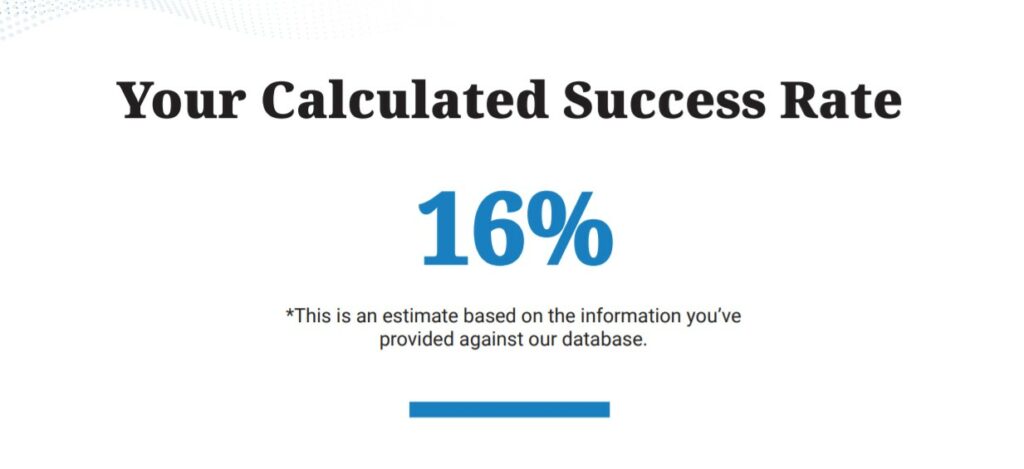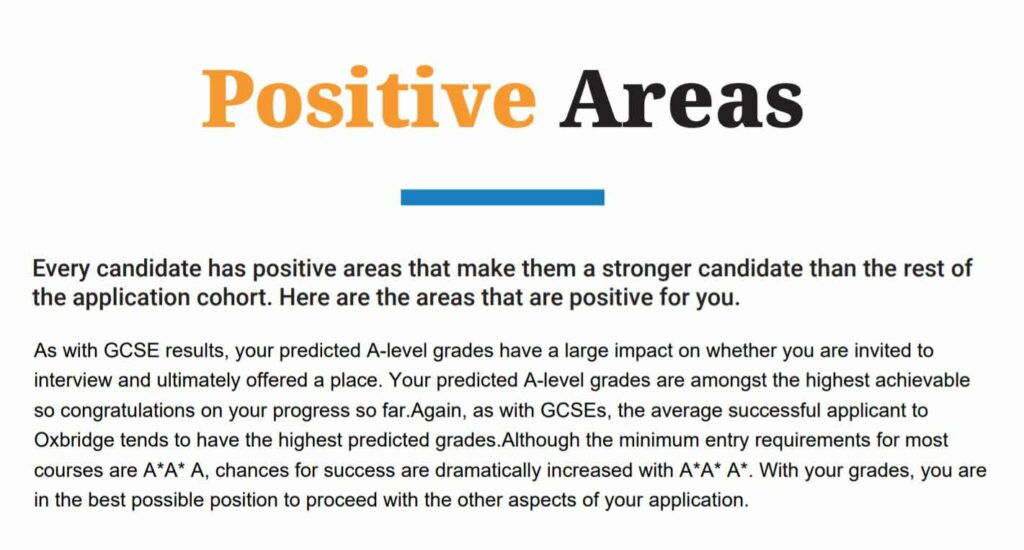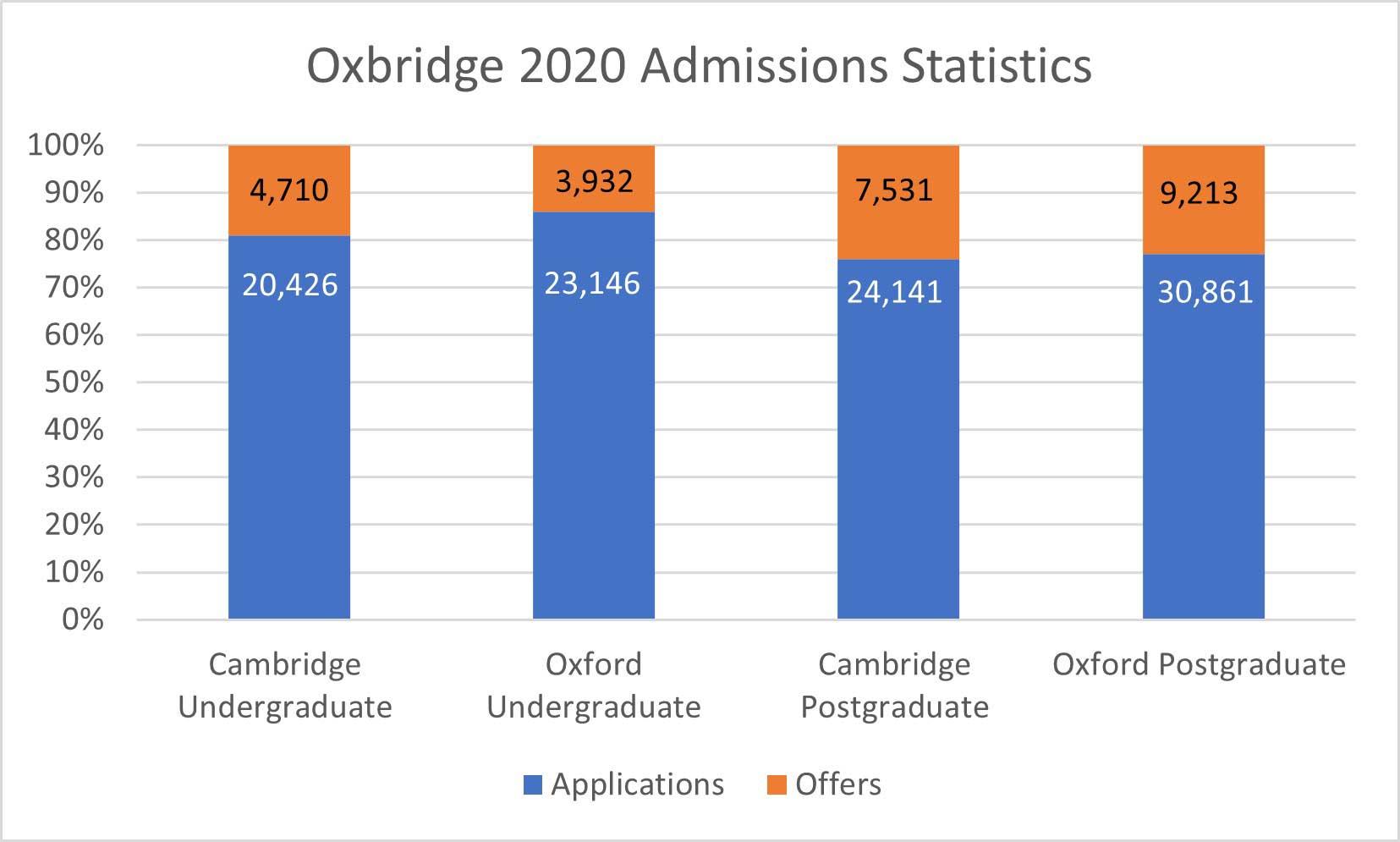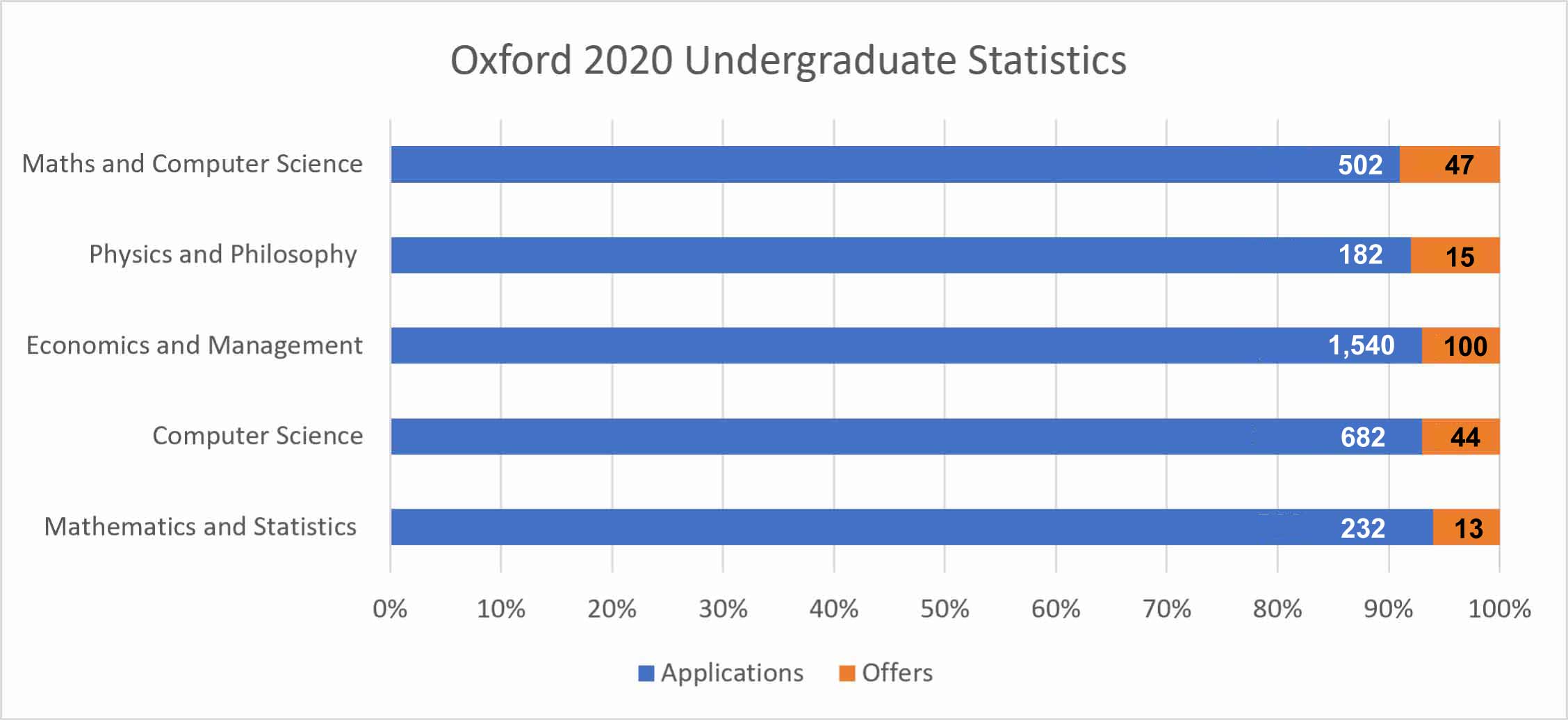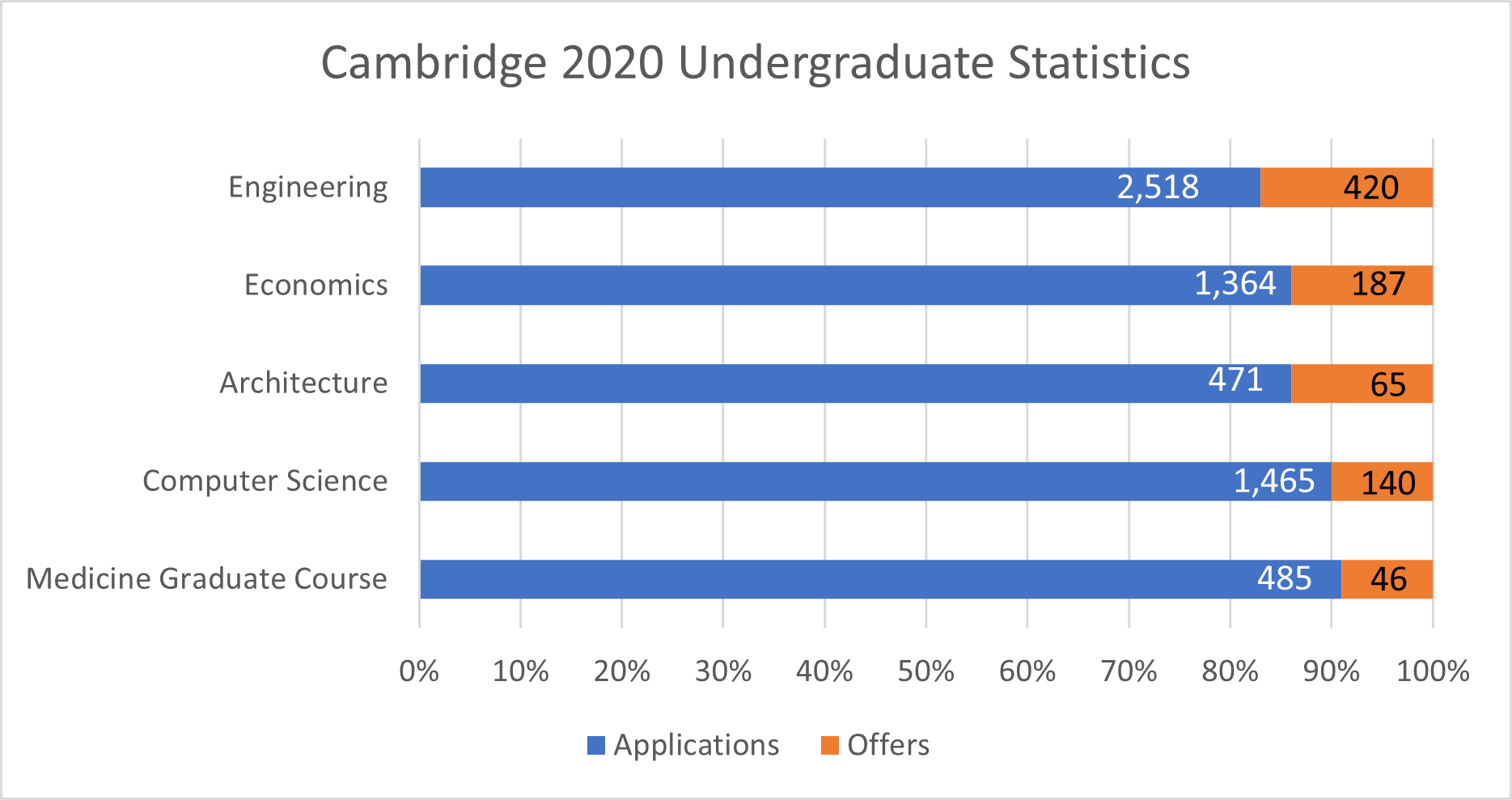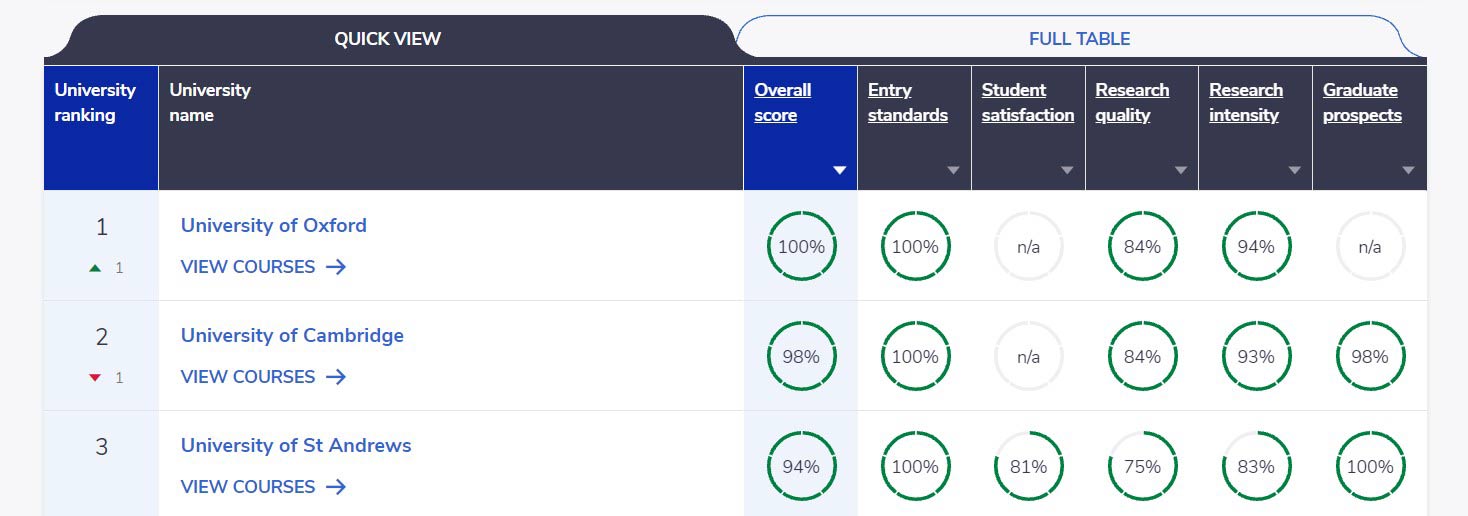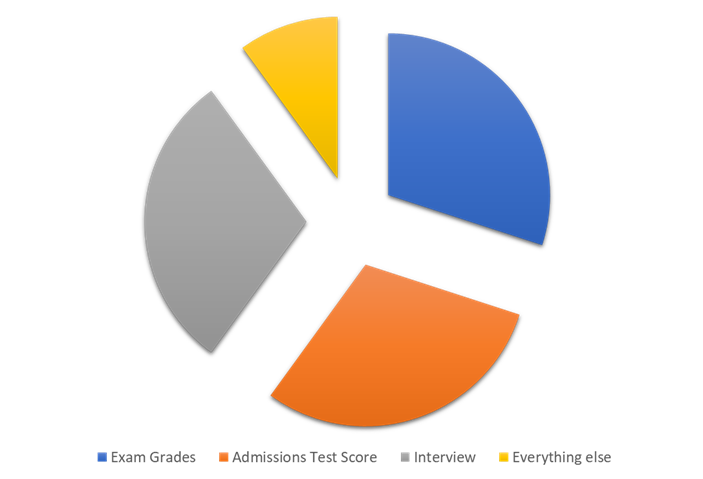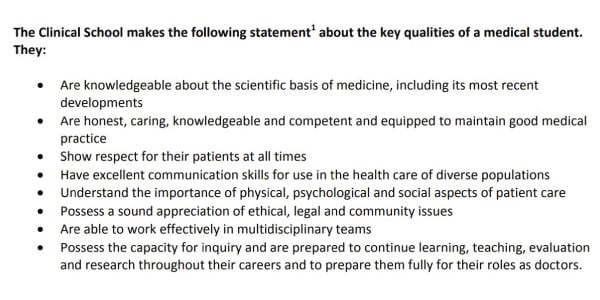
How Likely Am I To Get Into Oxford Or Cambridge?
The Oxbridge Success Calculator has had 100,000 data points from students across the world who want to know what their Oxbridge chances are.
Why?
Oxford and Cambridge are world-leading universities, renowned for being incredibly competitive to get into and we are all human, we want to know how likely we are to get into Oxford and Cambridge and how we compare with others, especially when there are limited offers available for every degree.
Find out what your Oxbridge success rate is and receive your personalised report.
What is the UniAdmissions’ Oxbridge Success Calculator?
The Oxbridge Success Calculator asks you questions based on factors that improve or decrease your chances of success (which we explain later on).
We use these factors to produce a final bespoke percentage of success for you, along with a personalised report, which you receive immediately after completing the questions.
The report explains how we calculated your chances of success, and it takes you through your positive areas, such as having high predicted A-levels, followed by areas of improvement, which could include a lack of work experience.
We then explain what your results mean and provide you with recommendations on the support you may need to increase your chances of success.
What are my chances of getting into Oxford or Cambridge?
How competitive is Oxbridge?
Oxford and Cambridge Universities are both notoriously competitive to get into. Using 2020 admissions statistics (figure 1.), we can see that overall, undergraduate applicants have a 1 in 5 (20%) chance of gaining a place.
Figure 1. Oxford and Cambridge 2020 Cycle Admissions Statistics.
How likely am I to get into Oxford or Cambridge?
To answer the question directly, the overall chances of getting into Oxbridge is 25%, but to get into Oxford as an undergrad, it is just below 17% and for Cambridge, it is 23%. The odds are not in your favour unless you have an incredibly strong application. We will cover what improves your chances later on.
How competitive are the Oxbridge Courses?
It’s helpful to know the overall Oxbridge offer success rates, but the chances of gaining an offer for individual Oxbridge subjects is more beneficial and relevant to you. The top three most competitive subjects at Oxford are Mathematics and Statistics, Computer Science and Economics and Management (figure 2.).
In 2020, the undergraduate statistics show that for Mathematics and Statistics, only 13 of the 232 applicants gained an offer (5.6%), for Computer Science and E&M, 6% of applicants received an offer, which is a very small percentage of applicants.
In regards to Cambridge, the most competitive subjects are the Medicine Graduate Course, Computer Science and Architecture. In 2020, 9% of the Medicine Graduate Course applicants gained an offer and this was the same for Computer Science. For Architecture, it was 13% of applicants (see figure 3.). This may be slightly higher than Oxford’s most competitive subjects but the chances of gaining an offer are still low.
To give you some competitiveness context, we’ll compare Oxbridge vs non-Oxbridge Computer Science. In the Complete University Guide’s Computer Science 2022 League Table, Oxford takes the top spot with Cambridge in second (see below), and University of St Andrews comes in third. Looking at the admissions statistics for Computer Science at St Andrews, 214 of the 967 applicants that applied gained an offer which is 22%. This is over 16% higher than Oxford’s offer rate.
In summary, when asking what the chances are of getting into Oxbridge, for 2020 it was 25%. If we look at the percentage over the last few years, it has been around 18%. However, if you are asking the same question but as a Mathematics and Statistics applicant for Oxford, it is 5.6%. It is clear that both universities and their degrees are very competitive, of course not all degrees have such a low offer percentage, but they are still more competitive than their non-Oxbridge equivalents.
Now you know how competitive Oxford and Cambridge are, find out your chances of success by clicking the button below.
What makes up an Oxbridge Application?
Now we know how competitive Oxbridge is, let’s have a look at what makes up an Oxbridge application, before we go into what factors improve or decrease your chances of success.
There are five main components that make up an Oxbridge application. These components include your School Grades, UCAS Reference, Personal Statement, Admissions Test score and Interview performance. When looking at the importance of each component, generally Admissions Tests, Interviews and School Grades are weighted at 30% each, and the last 10% covers your Personal Statement, Work Experience/Wider Reading, References and Letters of Recommendation etc. It pays to do well on your Admissions Tests, School Grades and Interviews to increase your chances of receiving an offer.
Where does our data and information come from?
We strive to make our assessments as accurate as possible which ultimately means spending a great deal of time trawling through Oxford and Cambridge’s websites and admissions statistics along with investigating FOI requests.
Our calculator is an informative tool so while the calculations are based on statistical data collected from thousands of applications and from the resources mentioned above, it is important to remember that the calculator does not guarantee a precise measure of success. Care should be taken to interpret the results in context.
What factors improve or decrease your chances of Oxbridge success?
The UniAdmissions’ Success Calculator asks you questions based on the main areas that improve or decrease your chances of Oxbridge success. Let’s break down these main areas and you’ll then be able to understand why we ask the questions in the Calculator.
1. Minimum entry requirements, predicted A-levels and School type
Minimum Entry Requirements and Predicted A-levels
Oxford and Cambridge have minimum entry requirements for all of their degrees for a reason. If you are not able to meet them, then it is highly unlikely you will be able to cope academically with the course, particularly as these are minimum entry requirements and most Oxbridge applicants will be applying with higher grades than the minimum.
Using Oxford’s Economics and Management Degree as an example, in 2019 there were 102 offers given out but 1530 students applied (7% offer rate). The entry requirements were A*AA and looking at Freedom Of Information requests, we can see that 666 students (44%) had A*AA or higher as their predicted grades. Going back to the point about the grades being just the minimum, the data shows that actually, 361 students (24%) had predicted grades of A*A*A* or higher, bearing in mind that it was only 7% of applicants that received an offer. So if you don’t have the minimum grades, it significantly reduces your chances.
School Type
Asking which school you attend might seem a surprise to you. Below we break down the 2020 admissions statistics for Oxford and Cambridge home applicants and focus on how your school type affects your chances of Oxbridge success.

It is a well-known fact that some Oxbridge Colleges (more so for Oxford) will admit more private school students making it far more competitive for state school applicants. For example, using a college that is renowned for having a large private school student presence (Christ Church, Oxford), under 21% of their state school applicants received an offer in 2020 compared to 27% of private school students which is 6% more.
2. GCSEs Results, Work Experience, Oxbridge applicants from your school
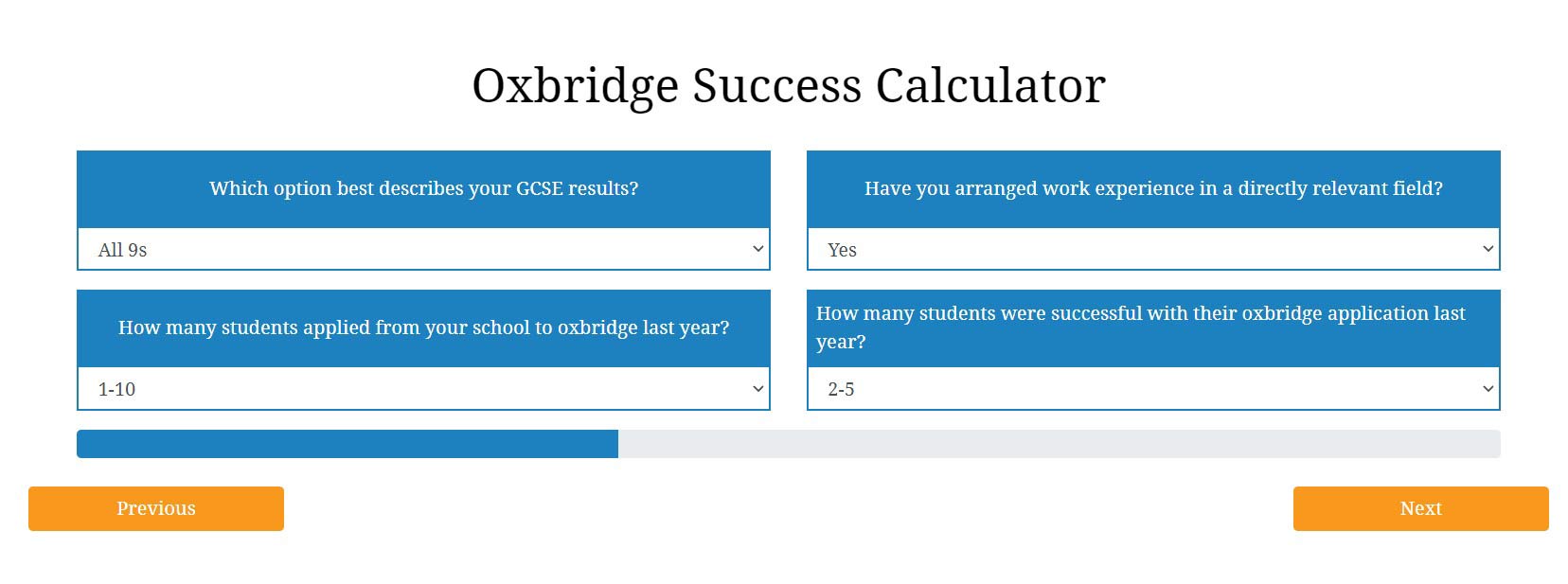
GCSEs Results
It is fairly well known that the majority of successful Oxbridge applicants have some of the best GCSEs across the UK. GCSEs are always considered at Oxford and Cambridge as unlike predicted grades, GCSEs show real previous performance. Realistically, if you are applying to Oxbridge, you need at least eight 8/9s GCSEs. Why? Using the same example as earlier, remember that only 7% of Oxford E&M applicants received an offer out of the 1530 students that applied. Looking at the applicants’ GCSE grades, 433 (28%) achieved eight or more 8/9s and actually 201 (13%) of applicants achieved ten or more 8/9s. There was even a student who achieved fourteen 8/9s!
To reiterate what we said earlier with predicted A-levels, there were 13% of applicants achieving way above the usual eight 8/9s for GCSEs, but still only 7% of applicants received an offer. You really need to be one of the best in the bunch. Of course GCSEs are just one part of the components that Admissions Tutors look at, but it helps to be backed up with strong grades when the subjects are so competitive.
Work Experience and Wider Reading
For some Oxbridge degrees, such as Medicine, work experience is mandatory. Using Cambridge as an example to explain why work experience is necessary, the University states the following as the ‘Key Qualities of a Medical Student’:
Cambridge Medical Admissions mentions ‘have excellent communication skills for use in the health care of diverse populations’. To demonstrate this, you could include work experience from placements on a ward or from volunteering regularly at care homes, interacting with residents and attending to their needs. You need clear evidence to demonstrate how you meet these key qualities.
Wider reading is critical when applying to Oxbridge and both wider reading and work experience are mentioned in your Personal Statement and Interviews. Both can also demonstrate your passion and dedication to the subject and they are a great way to show your understanding of the field.
Wider reading should always be relevant, so look at the admissions criteria for your chosen degree, like the key qualities shown above. Speaking of which, in that list, Cambridge mentions ‘possess a sound appreciation of ethical, legal and community issues’. To make your wider reading relevant, you could include your independent reading into ethics to strengthen your application. Wider reading is also used in Admissions Tests. For instance, during the Cambridge Law Test, you are expected to show your breadth of knowledge by reading about current affairs.
During your university Interviews, the classic Oxbridge question is “tell me something interesting you’ve read recently”. This can be the key to a successful Interview or the downfall. It is a great opportunity for you to show your passion by discussing an interesting and relevant topic that you covered during your wider reading.
For those that have not done wider reading or work experience for certain degrees, your chances of gaining an offer are incredibly low because you have not shown evidence of interest and passion for your chosen degree, especially compared to your fellow applicants who will have invested a lot of their time into independent, outside of the syllabus studying.
Number of Oxbridge Applicants
Why have we asked how many students applied from your school, or were successful? Schools that regularly apply to Oxbridge are usually better equipped to deal with your Oxbridge application. This will increase your chances of success and will be increased even more so if students consistently gain an Oxbridge place from your school.
3. The Oxbridge University, The College and The Subject
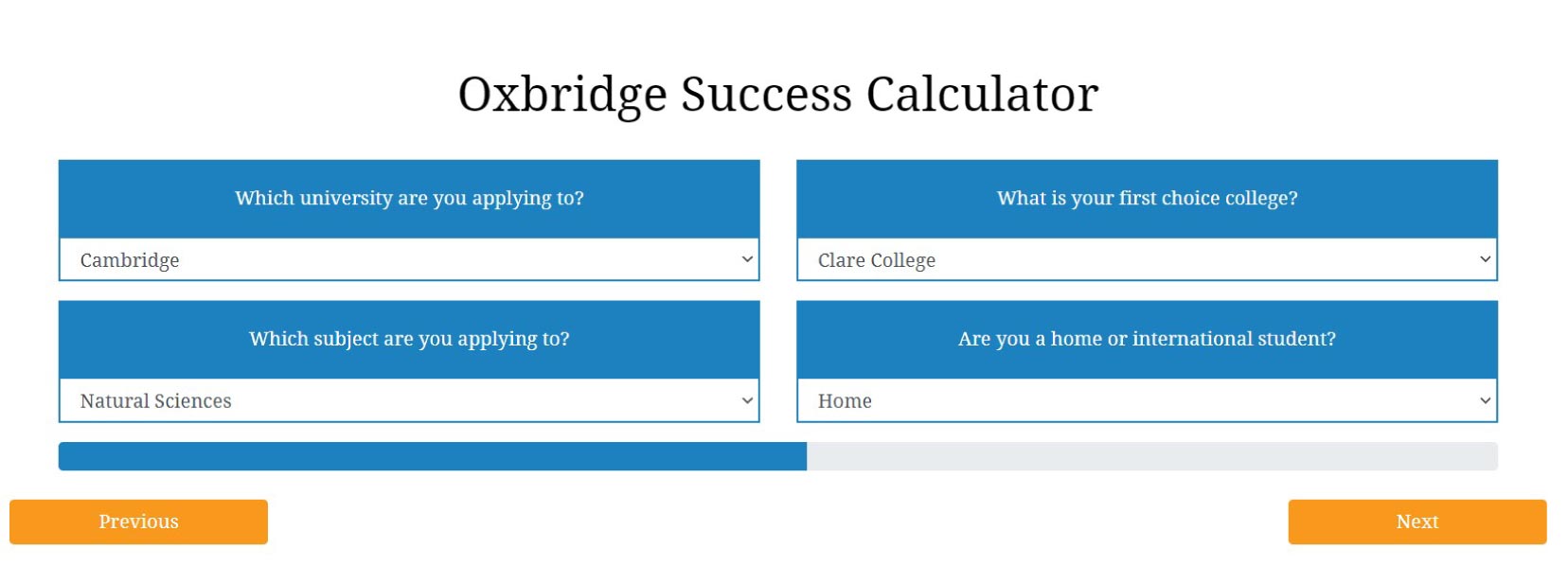
The Oxbridge University
The reason the Oxbridge University you choose affects your chances of success should be quite clear now. As we covered earlier, 17% of Oxford applicants received an offer which is 6% lower than the 23% of Cambridge applicants that received an offer. So from a very reductionist point of view, those applying to Cambridge have a higher chance of receiving an offer.
We say it is reductionist because we are not including other factors such as the number of those who applied. A further key point to remember is that Cambridge generally Interviews around 70% of applicants, which gives those who perform well in Interviews a better chance. Oxford on the other hand usually Interview less than 40% of applicants.
The Oxbridge Subject
Why the subject you choose affects your chances of success should also be quite clear too. Not all degrees have only 6% of applicants gaining an offer, like Oxford’s Computer Science and E&M degrees. For instance, Oxford’s Classics degree gives offers to 40% of their applicants. Again, this is also due to other factors such as the number of applicants and the size of the subject’s intake.
The Oxbridge College
The reason why we ask about your first-choice college is because some colleges are more competitive to get an offer from. For example, King’s College, Cambridge had 472 applicants in 2020 and 86% received an offer, compared to Gonville and Caius where 63% of the 582 applicants received an offer.
4. Region, Gender, Household Income and Age of starting study
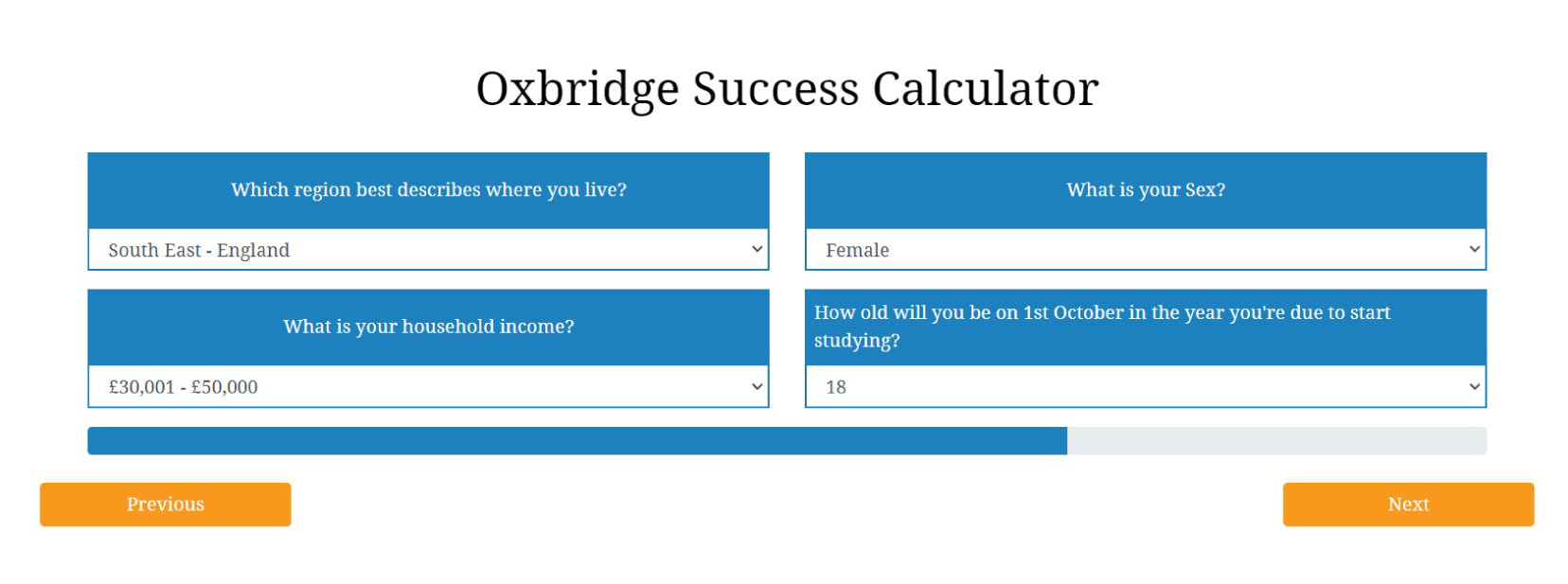
Region
How does the region I live in affect my Oxbridge Success? Cambridge provides a pie chart that shows the distribution of applicants from different regions in the UK.
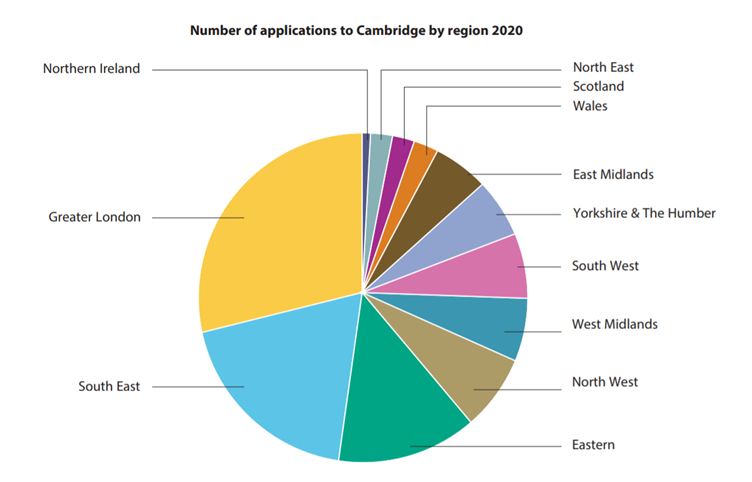
Figure 4. Distribution of UK Cambridge applicants using Area of Permanent Residence (APR) codes, provided by UCAS.
From this chart, it is clear that the more affluent regions in the UK (Greater London, South East England and Eastern England) take up a large percentage of the Cambridge applicants (29%, 19% and 13% respectively). But how does this relate to the offer success rate?
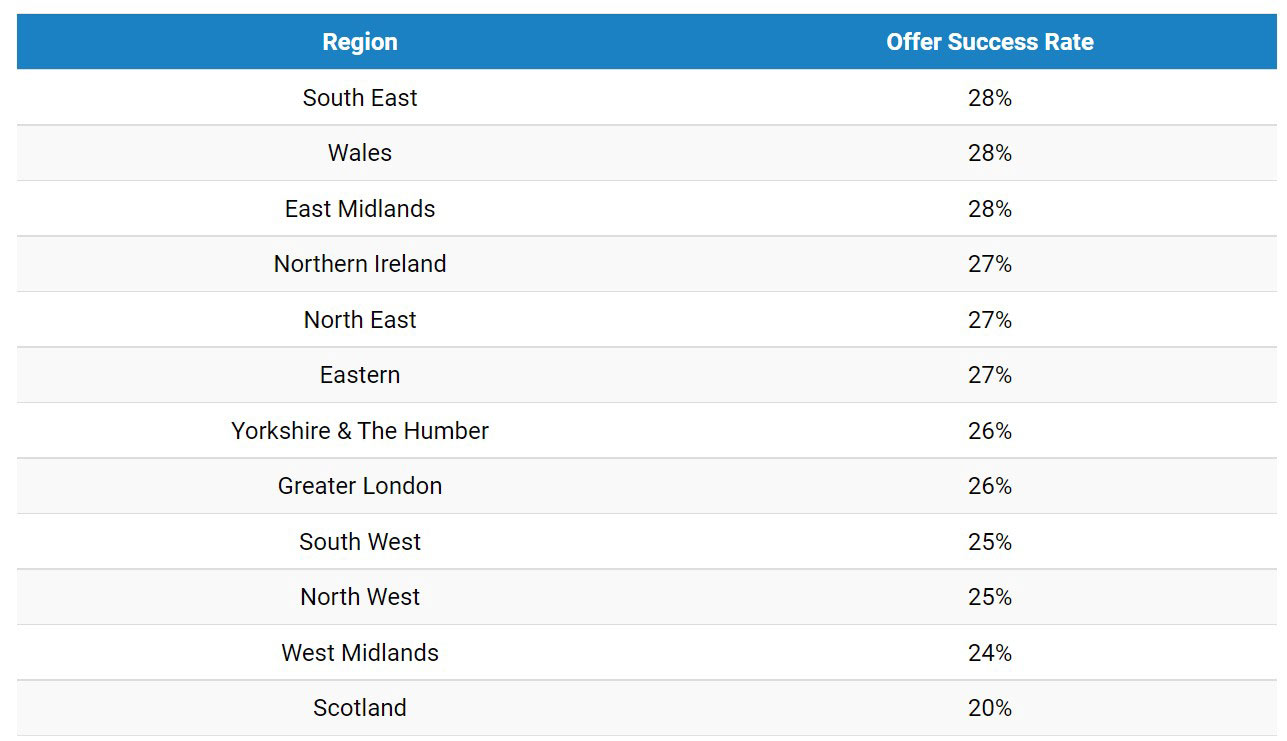
From the offer success rate, it does not vary too significantly except the comparison between Scotland and the South East. The reason why we included this in the Calculator is because if you put your location in as Scotland, your success score for Cambridge would likely vary from someone applying from Wales.
Gender
Why do we ask about gender? The best way to explain this is to look at the admissions statistics. Using Oxford’s 2020 admissions statistics, there were 7,110 female applicants with 1,661 offers given (23%) compared to 6,992 male applicants with 1,398 offers given (20%).
Household Income
You may think that household income is irrelevant and maybe too personal, however, the success rate varies for students from different socio-economic backgrounds. Cambridge uses IMD data (Indices of Multiple Deprivation), which is for applicants that are flagged if they live in a neighbourhood that is ranked within the most deprived 40% of areas within their UK region.
If we look at offer rates for IMD flagged and unflagged applicants, flagged applicants have a 24% chance of receiving an offer and 21% chance of acceptance, compared to unflagged applicants who have a 27% chance of receiving an offer and 24% chance of acceptance. It is clear from the data that unflagged students have a higher chance of success so generally, the lower the household income, the lower chances of success.
Age of Starting Studies
You might be wondering why we ask what your age will be when starting your Oxbridge studies. It is also a factor that affects your chances of Oxbridge success. Let’s look at the Home Admissions Statistics for Cambridge in 2020 and break it down by age.

For those applying to start their studies before they are 18, it is much more competitive than those at 20. The reason why applying at 21 is more competitive than at 18, 19 and 20 is because you are then classed as a mature student and therefore will apply to mature colleges, and the 21 and over category is very broad, with candidates applying to Oxbridge in their 70s.
5. Personal Statement, Admissions Tests and Interviews
Your Oxbridge chances of success are heavily affected by your Personal Statement, Admissions Tests and Interviews. The Personal Statement is a written piece submitted to UCAS that is up to 4,000 characters long. It’s all about you and your interests and evidence for why you would like to study at Oxbridge and why you are suited to the subject. This is where you include your wider reading and work experience. Universities use your Personal Statement as a way to find out more about you as there is only so much that a set of grades can indicate. Admissions Tutors will look for your motivation, passion, suitability and evidence of interest to make sure you are the right student for the degree.
Admissions Tests are used to determine a candidate’s potential to achieve in an academically demanding undergraduate degree course. The tests are designed to challenge applicants to allow Admissions Tutors to differentiate effectively between academically able applicants, including those who may have achieved the highest possible grades in school exams.
Interviews are usually the last stage of the application process. This is where you will meet Admissions Tutors who will ask you questions about your application, current affairs, motivation and depending on the degree you are applying to, you may be tested at Interview such as with maths questions or problem-solving questions. Interviews are used to identify your suitability and passion for the degree, to see if you are the right student to study at the university and if you will work well with the university staff too, whether that is tutors, supervisors or lecturers etc.
Writing a strong Personal Statement that really demonstrates your suitability and passion for the subject, along with a high Admissions Test score and supported with a good Interview performance exponentially increases your overall success rates.

You should now have an idea as to why we ask the questions we do on the Calculator, how competitive Oxbridge is and the factors that improve and decrease your chances of Oxbridge success.
There’s only one thing left to do.
Find out what your chances are and receive your personalised report.
